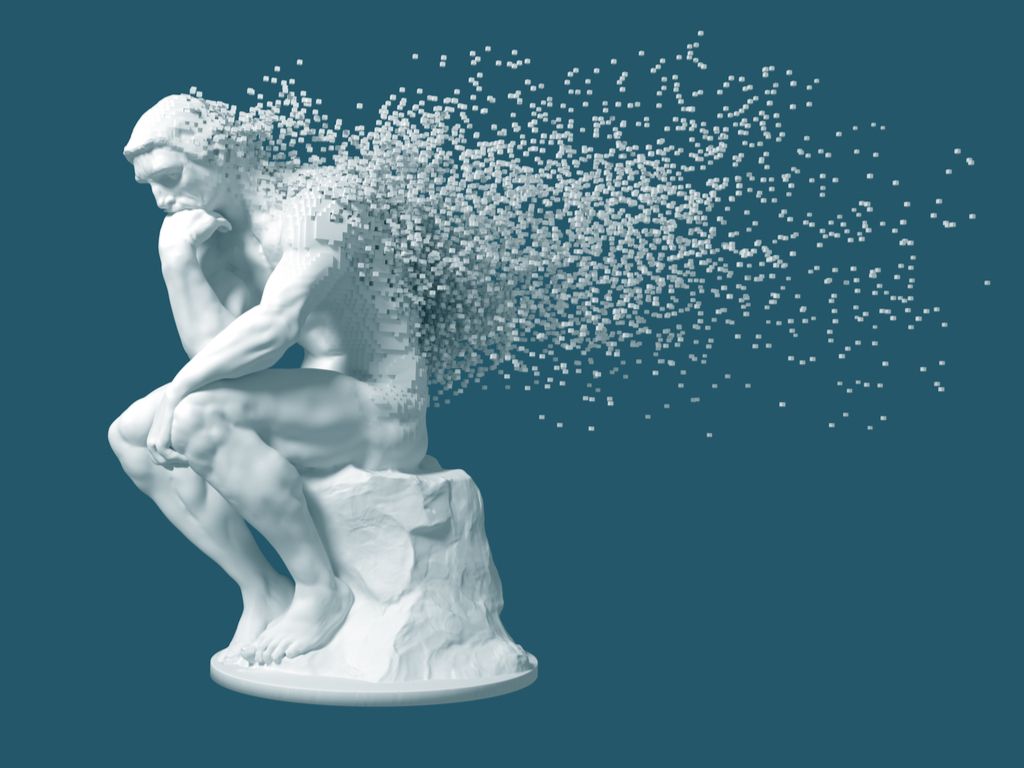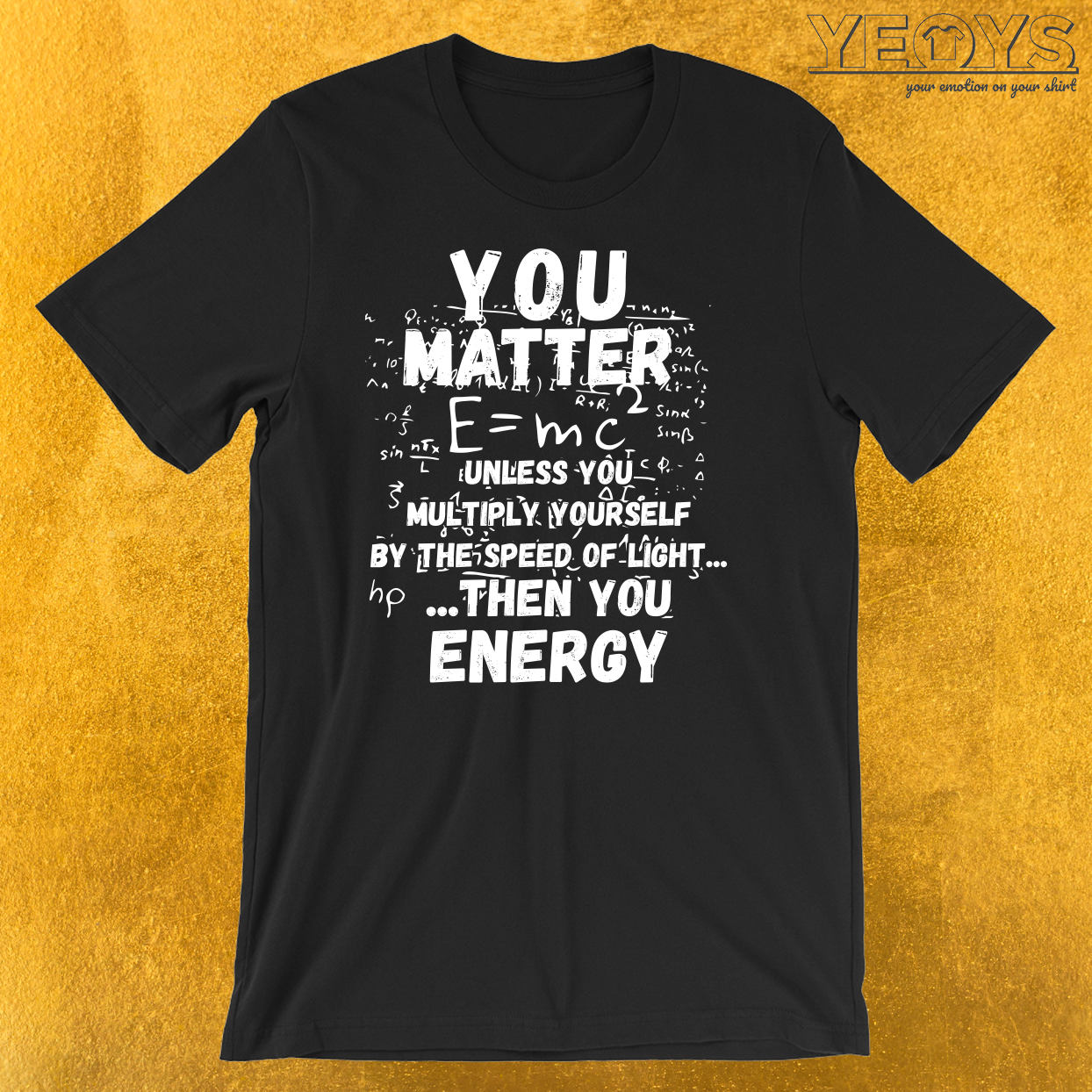The same fundamental platform that enables Schrödinger’s cat to be both alive and needless, and moreover manner two particles can “consult with every diversified” even across a galaxy’s distance, would possibly help to veil presumably primarily the most mysterious phenomena: human conduct.
Quantum physics and human psychology would possibly seem entirely unrelated, nonetheless some scientists mediate the two fields overlap in appealing programs. Both disciplines attempt to predict how unruly systems would possibly behave in some unspecified time in the future. The variation is that one self-discipline objectives to realize the basic nature of bodily particles, whereas the diversified attempts to veil human nature — alongside with its inherent fallacies.
“Cognitive scientists stumbled on that there are many ‘irrational’ human behaviors,” Xiaochu Zhang, a biophysicist and neuroscientist on the College of science and Expertise of China in Hefei, told Reside science in an email. Classical theories of decision-making attempt to predict what choice a particular person will manufacture given obvious parameters, nonetheless fallible humans don’t continuously behave as anticipated. Contemporary research suggests that these lapses in good judgment “will doubtless be effectively defined by quantum likelihood thought,” Zhang acknowledged.
Connected: Zigzag Physics: 7 Mind-Blowing Findings
Zhang stands amongst the proponents of so-called quantum cognition. In a original watch printed Jan. 20 in the journal Nature Human Habits, he and his colleagues investigated how ideas borrowed from quantum mechanics can help psychologists better predict human decision-making. Whereas recording what decisions other folks made on a effectively-acknowledged psychology job, the personnel moreover monitored the contributors’ brain exercise. The scans highlighted explicit brain regions that would possibly be appealing with quantum-esteem thought processes.
The watch is “the first to present a boost to the premise of quantum cognition on the neural stage,” Zhang acknowledged.
Frigid — now what does that actually point out?
Uncertainty
Quantum mechanics describes the conduct of the itsy-bitsy particles that manufacture up all matter in the universe, namely atoms and their subatomic system. One central tenet of the thought suggests a huge deal of uncertainty in this world of the very itsy-bitsy, one thing no longer considered at larger scales. For occasion, in the massive world, one can know the put a direct is on its route and how rapidly it be traveling, and given this files, one would possibly predict when that direct should always advance on the subsequent win 22 situation.
Now, swap out the direct for an electron, and your predictive power disappears — you too can’t know the trusty speak and momentum of a given electron, nonetheless you may presumably calculate the probability that the particle would possibly appear in a obvious speak, traveling at a explicit rate. On this form, you may presumably assign a hazy thought of what the electron would possibly be as a lot as.
Exact as uncertainty pervades the subatomic world, it moreover seeps into our decision-making job, whether we’re debating which original series to binge-watch or casting our vote in a presidential election. Here is the put quantum mechanics is available in. Not like classical theories of decision-making, the quantum world makes room for a obvious stage of … uncertainty.
Connected: The Funniest Theories in Physics
Classical psychology theories relaxation on the premise that folk manufacture decisions in expose to maximise “rewards” and reduce “punishments” — in diversified words, to be obvious their actions lead to more optimistic outcomes than detrimental penalties. This good judgment, acknowledged as “reinforcement finding out,” falls in retaining with Pavlonian conditioning, wherein other folks be taught to foretell the penalties of their actions in retaining with past experiences, in retaining with a 2009 memoir in the Journal of Mathematical Psychology.
If actually constrained by this framework, humans would continuously weigh the aim values of two choices earlier than deciding on between them. But of course, other folks don’t continuously work that manner; their subjective feelings a few speak of affairs undermine their capability to manufacture aim decisions.
Heads and tails (on the the same time)
Withhold in suggestions an instance:
Have confidence you is more doubtless to be inserting bets on whether a tossed coin will land on heads or tails. Heads will get you $200, tails costs you $100, and likewise you too can settle to toss the coin twice. When positioned in this speak of affairs, most other folks settle to grab the guess twice no matter whether the initial throw outcomes in a snatch or a loss, in retaining with a watch printed in 1992 in the journal Cognitive Psychology. Presumably, winners guess a second time due to they stand to realize money it doesn’t matter what, whereas losers guess in attempt to safe better their losses, after which some. Nonetheless, if avid gamers usually are no longer allowed to know the discontinue outcomes of the first coin flip, they infrequently ever manufacture the second gamble.
When acknowledged, the first flip does no longer sway the choice that follows, nonetheless when unknown, it makes the total incompatibility. This paradox does no longer match interior the framework of classical reinforcement finding out, which predicts that the aim choice should always continuously be the the same. In disagreement, quantum mechanics takes uncertainty into story and actually predicts this modern .
“One would possibly speak that the ‘quantum-primarily primarily based’ model of decision-making refers actually to the utilization of quantum likelihood in the rental of cognition,” Emmanuel Haven and Andrei Khrennikov, co-authors of the textbook “Quantum Social science” (Cambridge College Press, 2013), told Reside science in an email.
Connected: The 18 Greatest Unsolved Mysteries in Physics
Exact as a explicit electron would possibly be here or there at a given moment, quantum mechanics assumes that the first coin toss resulted in both a snatch and a loss, simultaneously. (In diversified words, in the famed thought experiment, Schrödinger’s cat is both alive and needless.) Whereas caught in this ambiguous speak, acknowledged as “superposition,” a particular person’s final choice is unknown and unpredictable. Quantum mechanics moreover acknowledges that folk’s beliefs in regards to the discontinue outcomes of a given decision — whether this will doubtless be true or homely — generally hang what their final choice finally ends up being. On this form, other folks’s beliefs bear interaction, or turn into “entangled,” with their eventual motion.
Subatomic particles can likewise turn into entangled and influence every diversified’s conduct even when separated by gigantic distances. For occasion, measuring the conduct of a particle positioned in Japan would alter the conduct of its entangled companion in the United States. In psychology, a identical analogy will doubtless be drawn between beliefs and behaviors. “It is precisely this interaction,” or speak of entanglement, “which influences the scale ,” , Haven and Khrennikov acknowledged. The size , in this case, refers back to the final choice a particular person makes. “This may be precisely formulated with the support of quantum likelihood.”
Scientists can mathematically model this entangled speak of superposition — by which two particles bear an mark on every diversified even in the occasion that they’re separated by an infinite distance — as demonstrated in a 2007 memoir printed by the Affiliation for the Advancement of Synthetic Intelligence. And remarkably, the final system precisely predicts the paradoxical of the coin toss paradigm. “The lapse in good judgment will doubtless be better defined by utilizing the quantum-primarily primarily based arrangement,” Haven and Khrennikov illustrious.
Betting on quantum
In their original watch, Zhang and his colleagues pitted two quantum-primarily primarily based fashions of decision-making in opposition to 12 classical psychology fashions to note which easiest predicted human conduct at some level of a psychological job. The experiment, acknowledged because the Iowa Gambling Process, is designed to evaluate other folks’s capability to be taught from errors and adjust their decision-making design over time.
In the duty, contributors draw from four decks of cards. Every card both earns the player money or costs them money, and the article of the sport is to manufacture as a lot money as that you’ll doubtless be also imagine. The draw shut lies in how every deck of cards is stacked. Drawing from one deck would possibly manufacture a player huge sums of money in the quick time length, nonetheless this will mark them rather more money by the discontinue of the sport. Other decks insist smaller sums of money in the non eternal, nonetheless fewer penalties total. Thru game play, winners be taught to mostly draw from the “gradual and real” decks, whereas losers draw from the decks that manufacture them rapidly money and steep penalties.
Historically, these with drug addictions or brain disaster make worse on the Iowa Gambling Process than healthy contributors, which ability that their situation by hook or by crook impairs decision-making abilities, as highlighted in a watch printed in 2014 in the journal Utilized Neuropsychology: Child. This pattern held appropriate in Zhang’s experiment, which included about 60 healthy contributors and 40 who were addicted to nicotine.
The 2 quantum fashions made identical predictions to primarily the most correct amongst the classical fashions, the authors illustrious. “Though the [quantum] fashions didn’t overwhelmingly outperform the [classical] … one should always be acutely aware that the [quantum reinforcement learning] framework is serene in its infancy and indubitably deserves extra research,” they added.
Connected: 10 Things You Didn’t Know About the Brain.
To bolster the fee of their watch, the personnel took brain scans of every and each participant as they performed the Iowa Gambling Process. In doing so, the authors attempted to search at what became as soon as taking place at some level of the brain as contributors realized and adjusted their game-play design over time. Outputs generated by the quantum model predicted how this finding out job would unfold, and thus, the authors theorized that hotspots of brain exercise would possibly by hook or by crook correlate with the fashions’ predictions.
The scans did mark a range of entertaining brain areas in the healthy contributors at some level of game play, including activation of plenty of large folds interior the frontal lobe acknowledged to be appealing with decision-making. In the smoking community, nevertheless, no hotspots of brain exercise gave the influence tied to predictions made by the quantum model. As the model reflects contributors’ capability to be taught from errors, the outcomes would possibly illustrate decision-making impairments in the smoking community, the authors illustrious.
Nonetheless, “extra research is warranted” to search out out what these brain exercise differences actually hang in people who smoke and non-people who smoke, they added. “The coupling of the quantum-esteem fashions with neurophysiological processes in the brain … is a actually complex disaster,” Haven and Khrennikov acknowledged. “This watch is of gigantic importance because the first step against its resolution.”
Models of classical reinforcement finding out bear proven “gigantic success” in research of emotion, psychiatric disorders, social conduct, free will and loads various cognitive features, Zhang acknowledged. “We hope that quantum reinforcement finding out will moreover shed light on [these fields], offering distinctive insights.”
In time, presumably quantum mechanics would possibly per chance help veil pervasive flaws in human good judgment, to boot to how that fallibility manifests on the stage of particular particular person neurons.
- 10 Everyday Things that Cause Brain Farts
- The 18 Greatest Unsolved Mysteries in Physics
- 18 Times Quantum Particles Blew Our Minds in 2018
At the birth printed on Reside science.






Leave a comment
Sign in to post your comment or sign-up if you don't have any account.